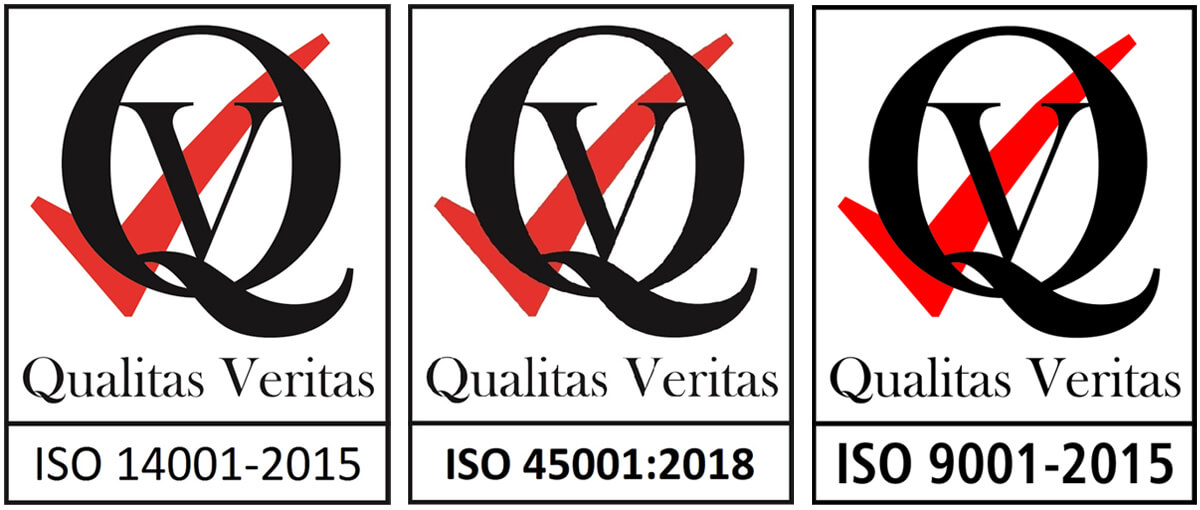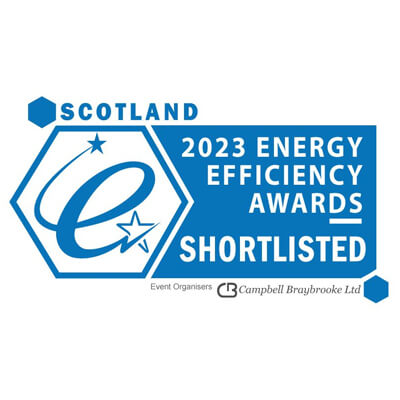How to reduce your energy consumption
Solar panels are popping up left, right and centre these days. And battery storage technology is advancing at a rate that is frightening. But there is always more that we can do to help reduce our carbon footprint, reduce our demands on energy consumption and make our green energy solar panels work more efficiently for us.
Why does this matter?
Because even though we are slowly moving to more green energy solutions like solar pv systems, our consumption of electricity is going up as we require and need more electrical appliances in our lives. While the goalposts are always moving, it is estimated that UK homes will use around 125 terawatts of electricity per hour in just over ten years from now.

Laptops, mobile phones, electric heating, EV charging and so many more electricity requiring items need to get there power from somewhere which is why it is important to minimise our carbon and energy footprint. The added benefit of course being that it will also help to reduce your energy bills.
So here are some top tips and suggestions on how to reduce your energy consumption at home.
1 – Harness the power of the sun
It seems obvious but installing solar panels will reduce your dependence on the national grid and can even make you money if you can sell some of that electricity back to the grid. But beyond solar capturing electricity generation, the sun can also be used to heat your home so keep the curtains open during the day so that the suns rays can help heat your home and reduce your dependence on gas heating.
2 – Install a smart thermostat
Speaking of heating, installing a smart thermostat can save you money as the smart device learns and configures the homes heating system to only heat the rooms you need, when you need them.
3 – Turn down the thermostat
If you are taking advantage of more of the suns rays to heat your home and you are being more efficient with what rooms you heat and when, then you will also be able to turn down your homes central heating thermostat by a degree or two. Some simple insulating and draught proofing of your home can also help to cut down the energy consumption it requires to heat your home.
4 – Turn down the washing machine temperature
Just like turning down the temperature on your thermostat, you can also turn down the temperature you wash clothes at. By reducing the temperature that you wash your clothes, you consume less electricity. These savings add up over time and if you have solar panels installed on your roof, the less electricity you use, the more you can sell back to the national grid.
5 – Switch to eco friendly electrical appliances
We are not promoting throwing out perfectly good products just for the sake of it. But things like LED lightbulbs as an example use a lot less energy than standard light bulbs. That old vacuum cleaner may be on its last legs but it will also be using a lot more electricity to run than a modern battery pack vacuum.
6 – Little cuts
Thinks like turning down the thermostat and washing machine temperatures are all little cuts that can add up to make a big difference. And the same goes with so many other things in your home. Don’t leave the TV on standby. Have a shower for just a little bit less time. Block any draughts that are causing your home to loose heat. You don’t need to get everything done at once but little by little, these changes can help reduce your energy consumption and help you to become a little bit more green.
At Low Energy Services, we offer an extensive portfolio of green energy services. As well as solar panel installers and battery storage system fitters, we can provide a range of green energy solutions covering everything from energy monitoring, control strategy analysis, building heat leakage analysis, design, supply, installation and maintenance of renewable technologies to general advice on how to make your building as efficient as it can be.
Based in Glasgow and providing energy solutions across Scotland and England, we design and install energy capturing and storing systems for businesses who are looking to reap the financial benefits of solar and battery storage solutions while reducing their carbon footprint and lowering their yearly energy costs.
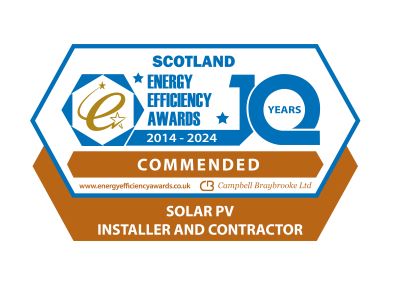


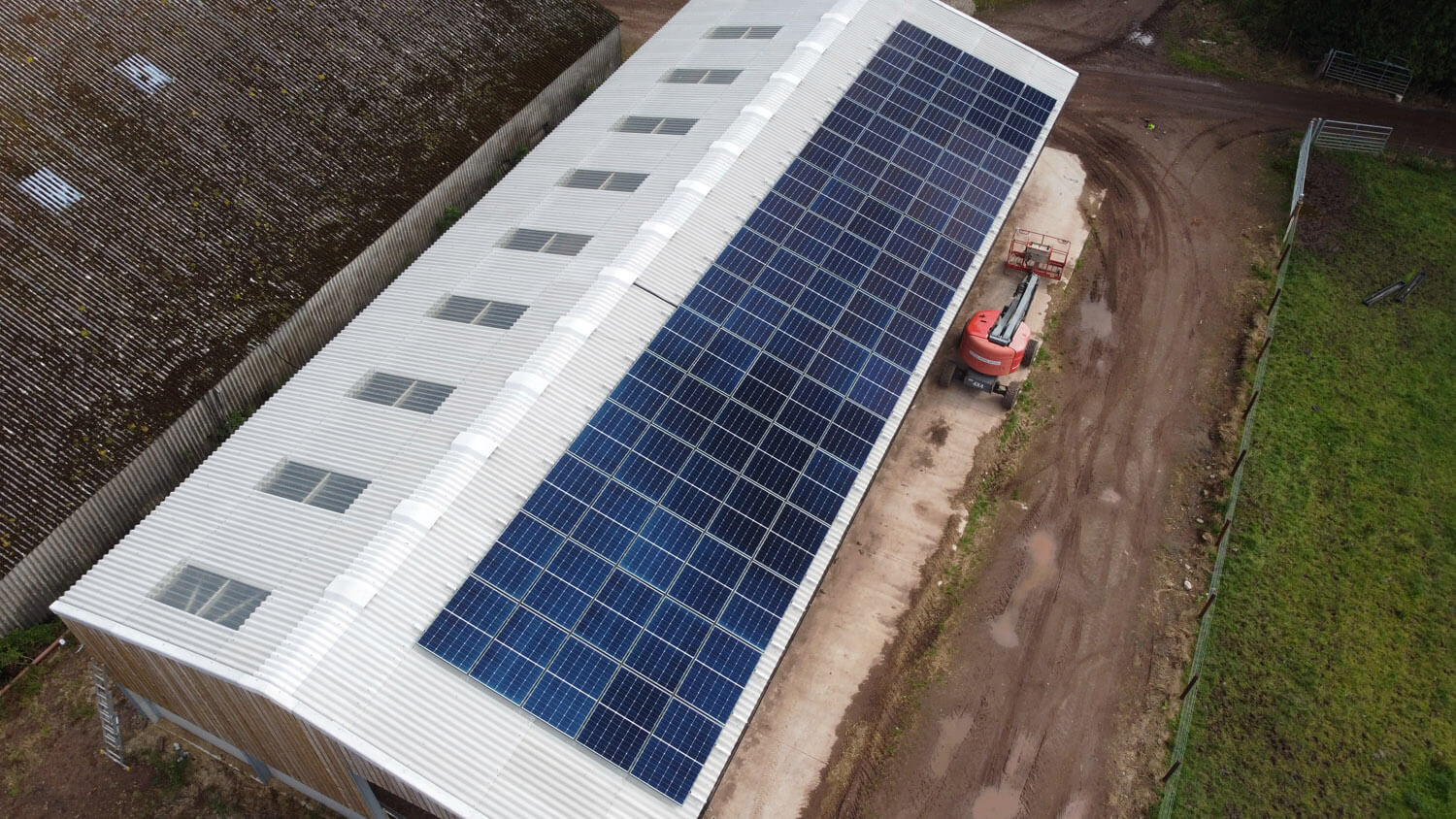
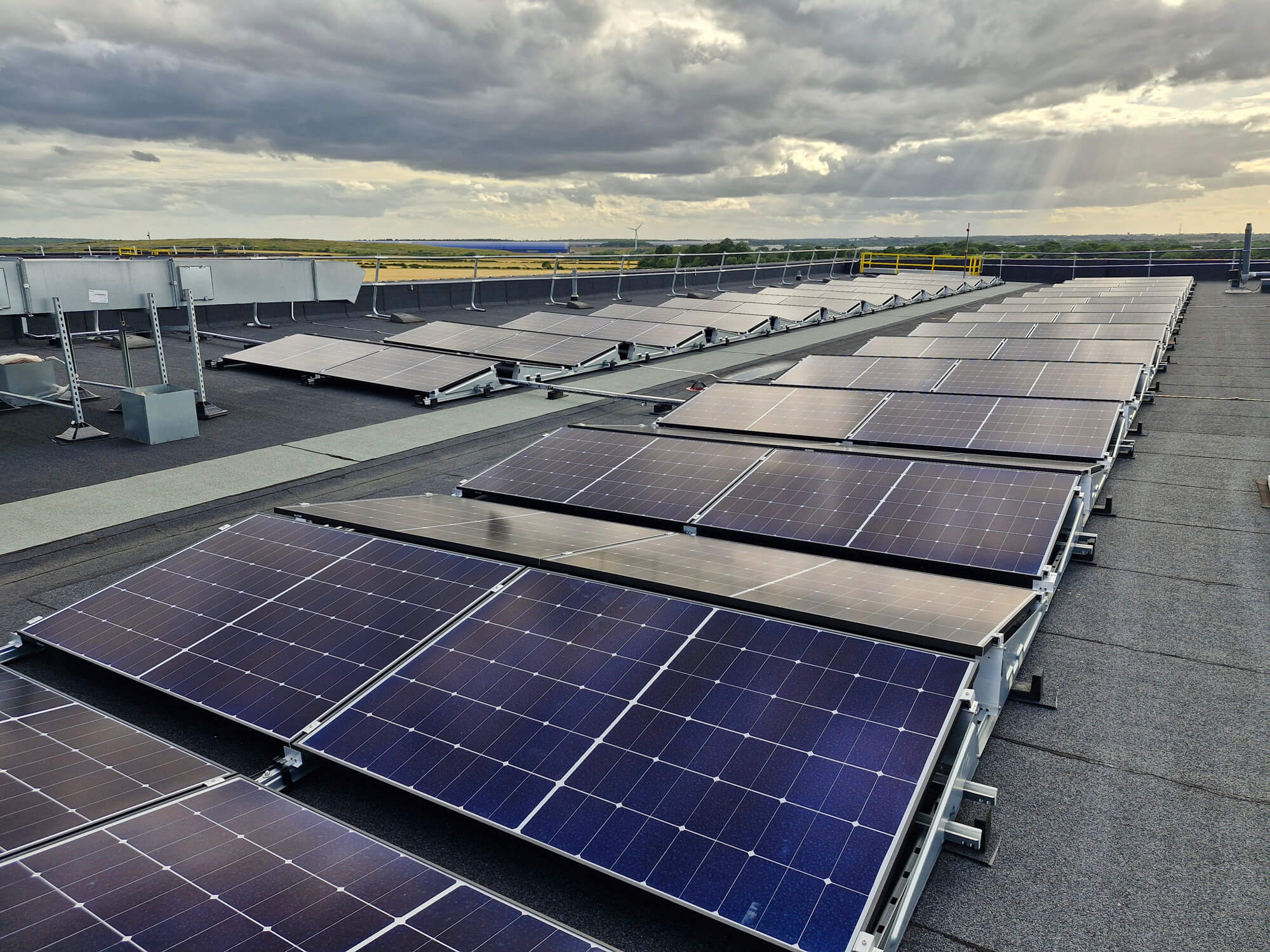
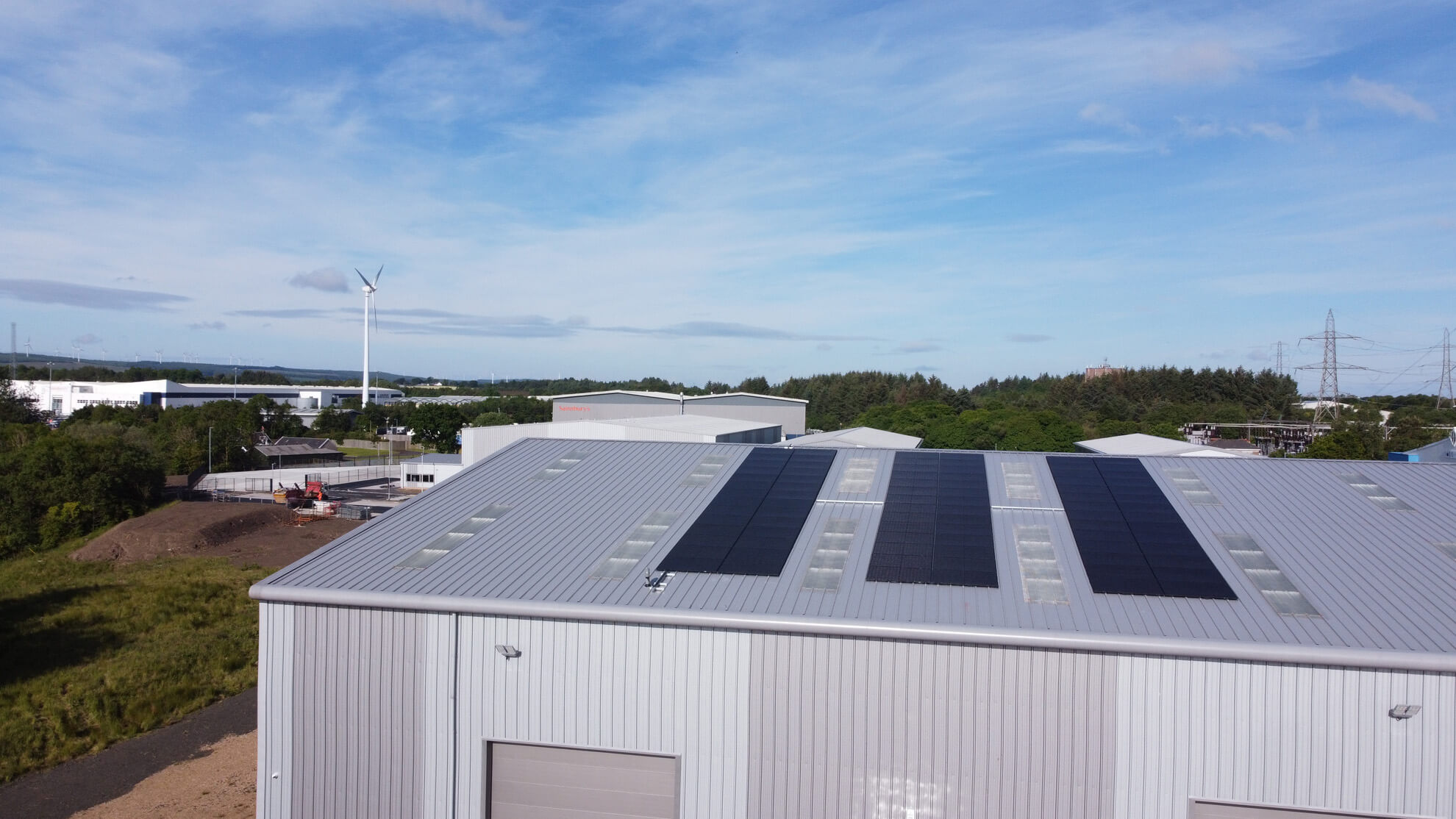
 Renewable Energy Specialists
Renewable Energy Specialists